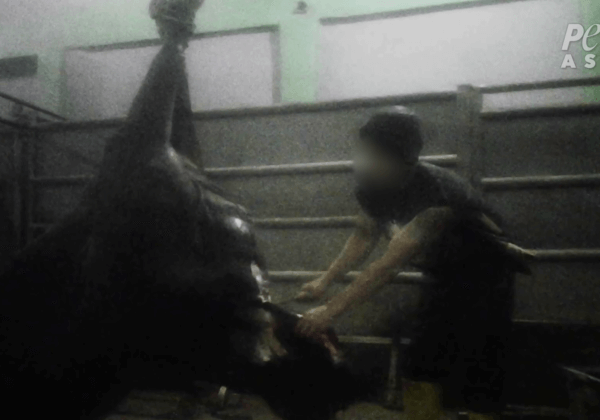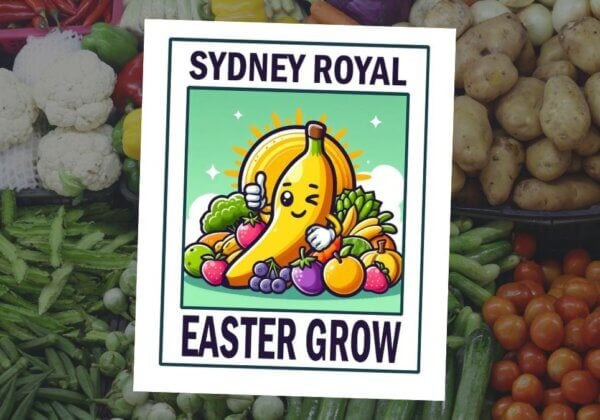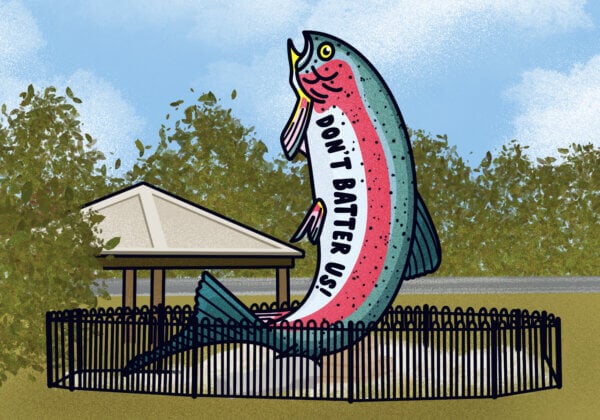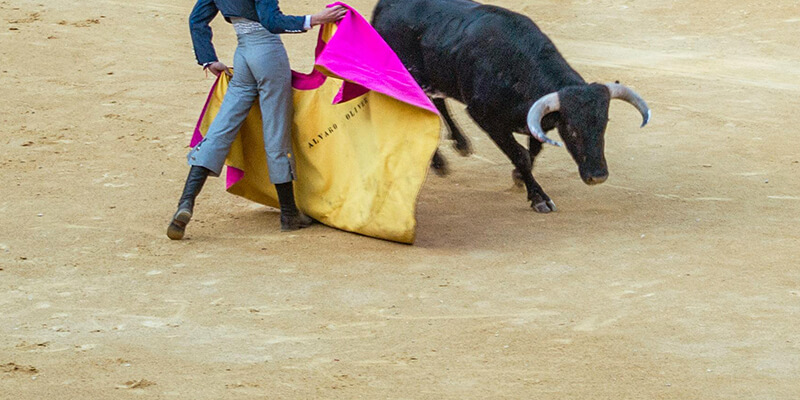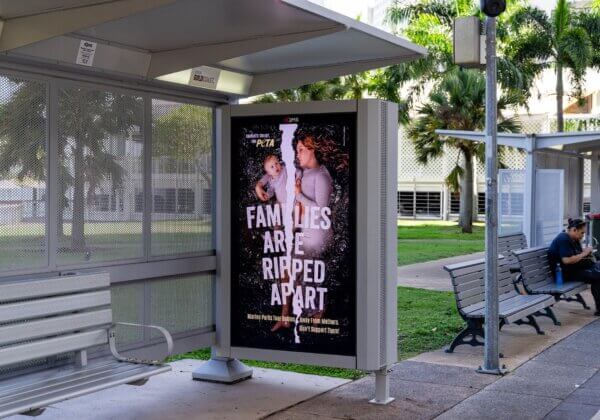A Look Inside ‘Wet Markets,’ Where Experts Believe COVID-19 Originated
(WARNING: GRAPHIC CONTENT)
As the COVID-19 outbreak has become a rapidly growing crisis in Australia and around the world, folks are arming themselves with necessities, including knowledge. The outbreak has caused us all to become familiar with terms such as “novel coronavirus”, “self-isolation”, “social distancing”, and “wet market”. Experts believe that the novel coronavirus originated at the Huanan Seafood Wholesale Market, a wet market in Wuhan, China.
 Jo-Anne McArthur / We Animals
Jo-Anne McArthur / We AnimalsVendors chop slabs of meat and hang them for sale at a wet market in Taipei.
What is a wet market?
A wet market (sometimes referred to as a “wildlife market”) sells live and dead animals – including fish, birds, badgers, bats, pangolins (scaly anteaters), and turtles – for human consumption.
The term is pretty on point: these markets are wet. Water splashes over the sides of open tubs filled with live sea animals who will inevitably be killed, countertops and floors are streaked red with the insides of gutted fish and slaughtered animals’ blood, and turtles crawl over each other before their shells are cut off while they’re still alive.
 Jo-Anne McArthur / We Animals
Jo-Anne McArthur / We AnimalsA worker cuts off a shell while turtle is still alive at a market in Taiwan.
It’s no wonder that a deadly virus flourished in such an environment. These markets – crammed full of stressed, likely terrified animals – are breeding grounds for diseases like COVID-19. But what about the live-animal markets and factory farms right here in Australia?
How are the Sydney Fish Markets, which sells live animals, any better than wet markets in Asia? Are the hundreds of commercial abattoirs operating in Australia that kill more than 500 million chickens, turkeys, ducks, pigs, cows, calves, sheep, and lambs every year any better?
Because of humanity’s absurd desire for cheap meat, the slaughter lines at these facilities are relentless, and the fast pace of work means many animals are still conscious as blades slash their throats. Many witness their friends dying in front of them and fight until the end to stay alive. They’re then dismembered piece by piece, their blood and other bodily fluids coating machines, walls, and floors.
 Aussie Farms
Aussie FarmsA photo taken at Picton Meatworx, Wollondilly abattoir.
Zoonotic viruses don’t originate exclusively in wet markets. The types of animals most commonly connected to viral outbreaks in humans are chickens and pigs. Australia is home to countless farms on which chickens are crammed together in small cages and pigs are packed in faeces-ridden sheds as well as abattoirs where these animals are killed on floors soaked with blood, urine, and other bodily fluids.
So while current events have many calling for an end to wet markets and the wildlife trade in Asia, it’s simply not enough.
 Jo-Anne McArthur / We Animals
Jo-Anne McArthur / We AnimalsWhole chickens are hooked and hung through their nostrils on display for sale at a Taipei wet market.

Chicken carcasses on the ground at a Baiada slaughterhouse in New South Wales.
It’s been widely speculated that the novel coronavirus may have originated in bats (some of whom build friendships in ways similar to humans) sold for soup. Likewise, influenza viruses have originated in chickens and pigs on factory farms. Animals used for food aren’t responsible for zoonotic diseases – these outbreaks are a human problem. Human actions toward other animals have created multiple global health crises, so it’s up to us to shape up.
To prevent pandemics like COVID-19, we must end the demand for animal flesh entirely.
Deadly diseases will keep breaking out until the world stops eating animals. If we were all vegan, COVID-19 – along with SARS, MERS, HIV, Ebola, swine flu, avian flu, and others – likely would never have affected humans.
 Aussie Farms
Aussie FarmsPigs being slaughtered at Carey Bros Abattoir, Yangan in Queensland.
Just as we don’t want to become ill or die of COVID-19, animals don’t want to suffer or be killed for food. Pigs, for example, just want to be left in peace to nurse their young, protect their friends, and relax in the sun (much like humans).
Bird flu, coronavirus, heart disease, salmonella, climate change … when will people realise that eating animals kills in so many ways?
Yes, wet markets should be banned. But please, ban meat, eggs, and dairy from your plate—before the next deadly zoonotic disease hits.

